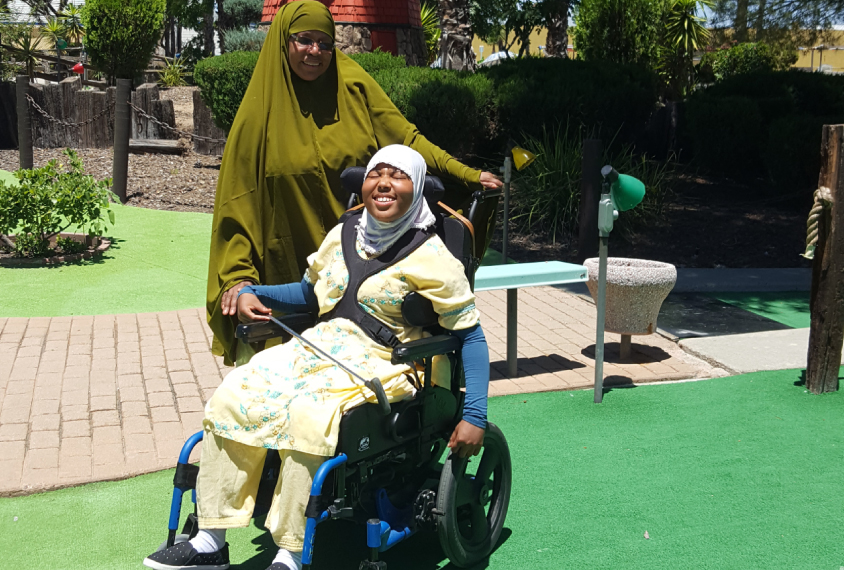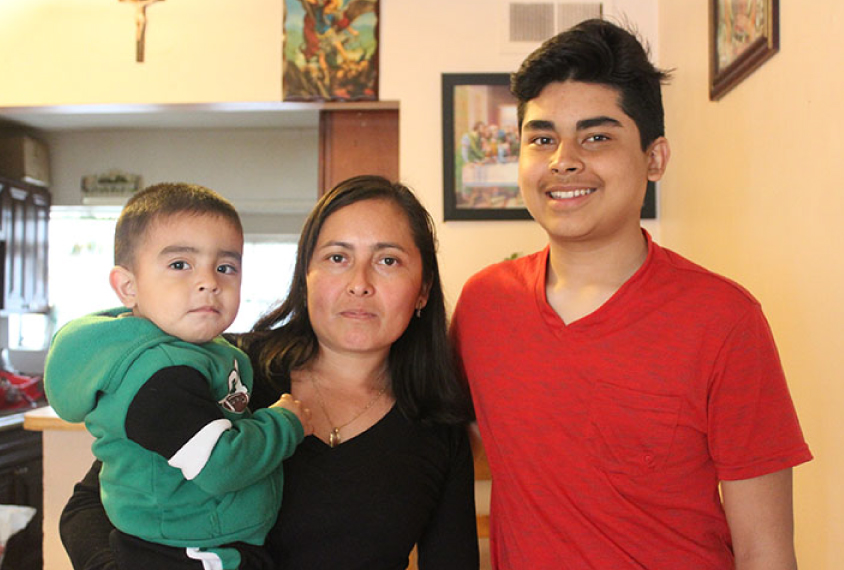California Healthline
From this contributor
Children with disabilities may wait years for essential medical equipment
Many California children with serious healthcare needs often wait months, or even years, before they receive essential medical equipment.

Children with disabilities may wait years for essential medical equipment
Spanish-speaking parents face language barrier at pediatrican’s office
The findings of a new analysis hint that a 2009 state law establishing the right to a medical interpreter is either not being fully enforced or is not being promoted widely enough.

Spanish-speaking parents face language barrier at pediatrican’s office
Merger aims to create massive repository of medical records
A merger between nonprofit California Integrated Data Exchange and the Inland Empire Health Information Exchange could lead to the pooling of medical records of 16.7 million people in California.

Merger aims to create massive repository of medical records
Explore more from The Transmitter
Two primate centers drop ‘primate’ from their name
The Washington and Tulane National Biomedical Research Centers—formerly called National Primate Research Centers—say they made the change to better reflect the breadth of research performed at the centers.

Two primate centers drop ‘primate’ from their name
The Washington and Tulane National Biomedical Research Centers—formerly called National Primate Research Centers—say they made the change to better reflect the breadth of research performed at the centers.
Post-infection immune conflict alters fetal development in some male mice
The immune-conflict between dam and fetus could help explain sex differences in neurodevelopmental conditions.

Post-infection immune conflict alters fetal development in some male mice
The immune-conflict between dam and fetus could help explain sex differences in neurodevelopmental conditions.
Three ecological psychologists on the right and wrong ways to use the field’s principles in neuroscience
Matthieu de Wit, Luis H. Favela and Vicente Raja weigh in on the recent trend of neuroscientists importing concepts from ecological psychology, the study of how an organism’s interactions with its environment explain perception and action.
Three ecological psychologists on the right and wrong ways to use the field’s principles in neuroscience
Matthieu de Wit, Luis H. Favela and Vicente Raja weigh in on the recent trend of neuroscientists importing concepts from ecological psychology, the study of how an organism’s interactions with its environment explain perception and action.